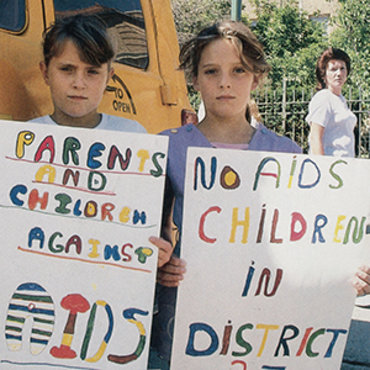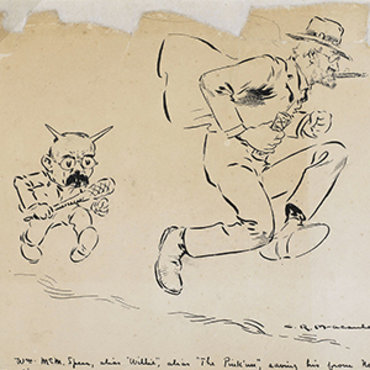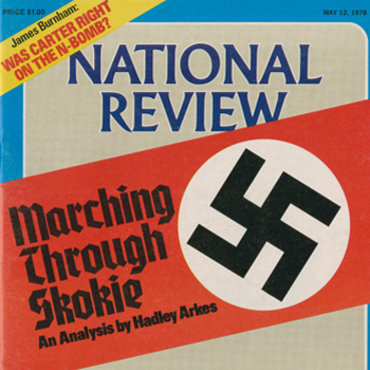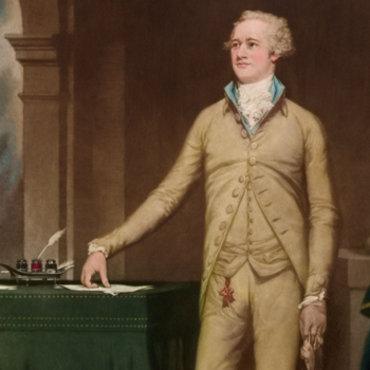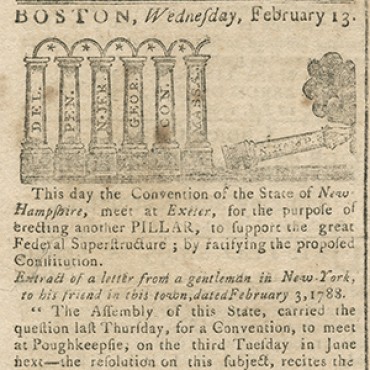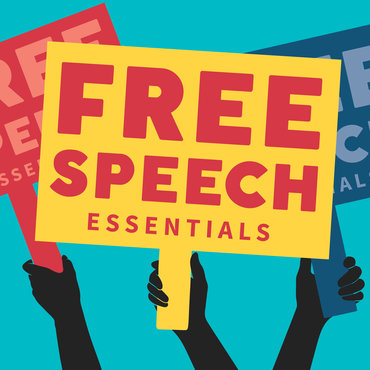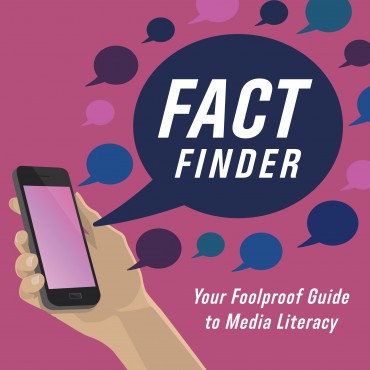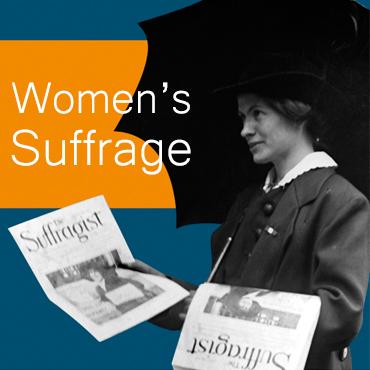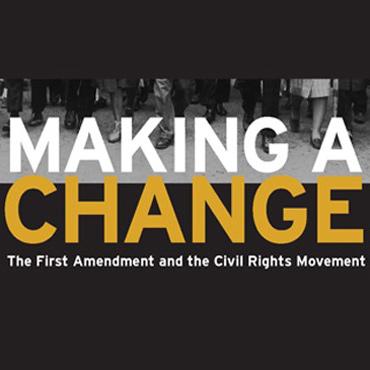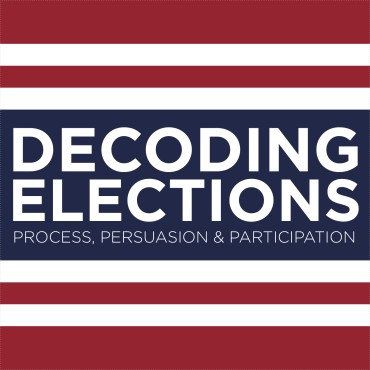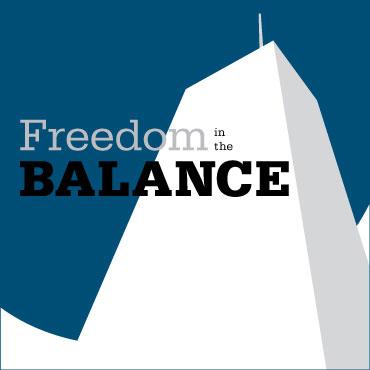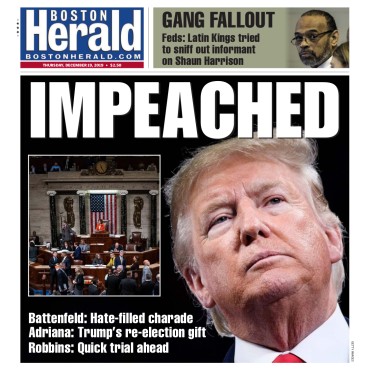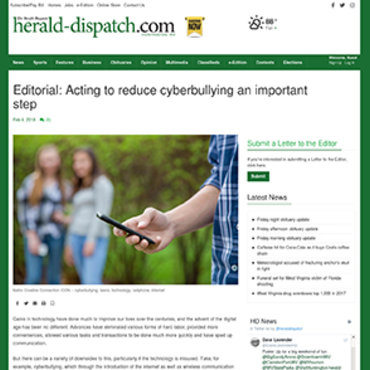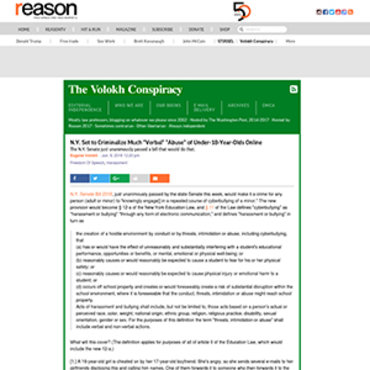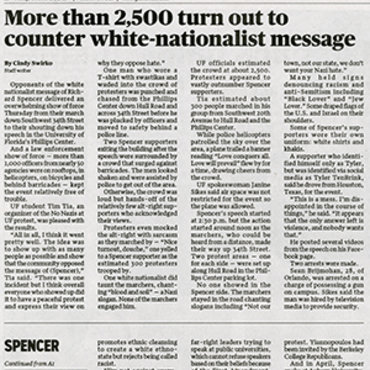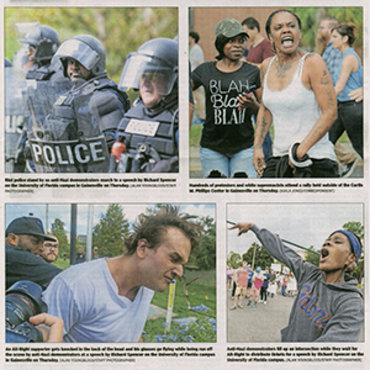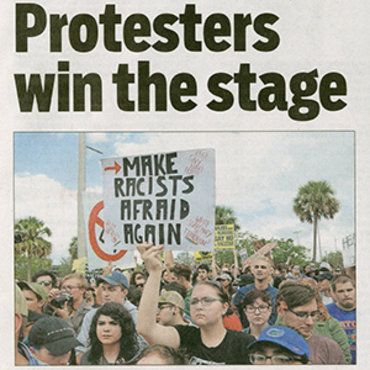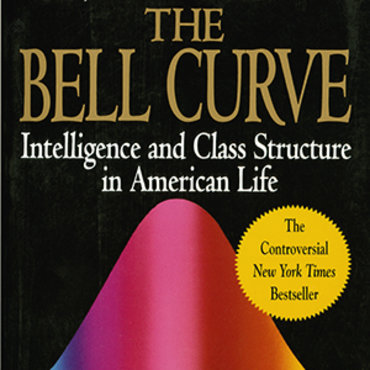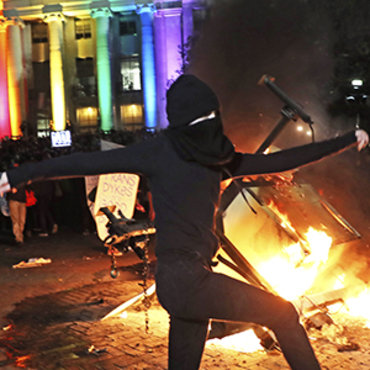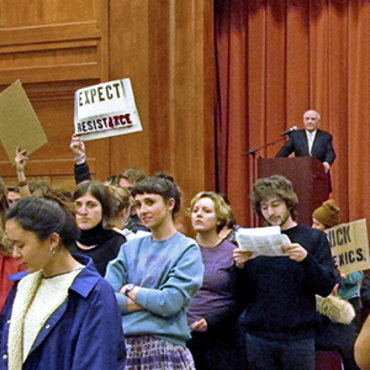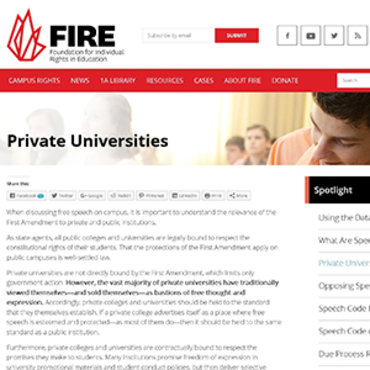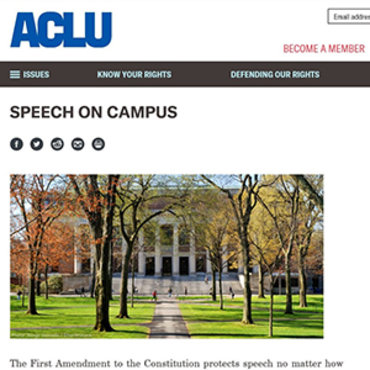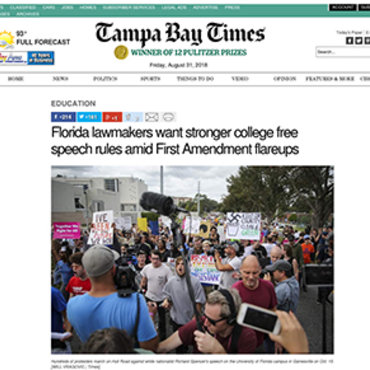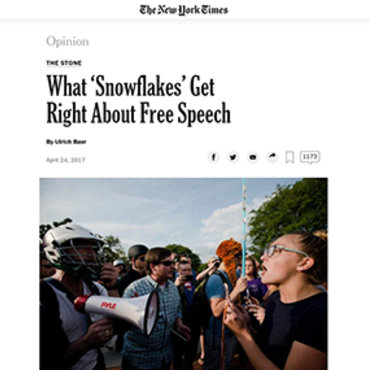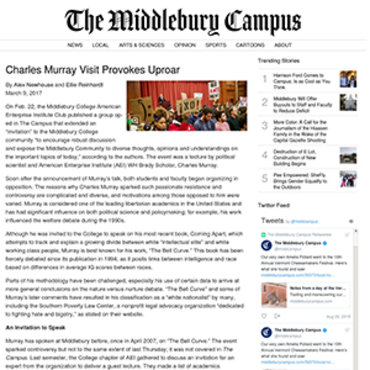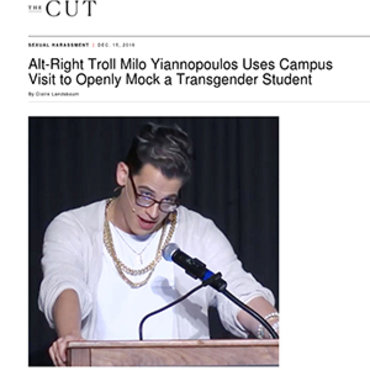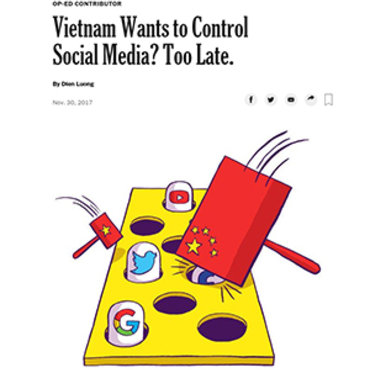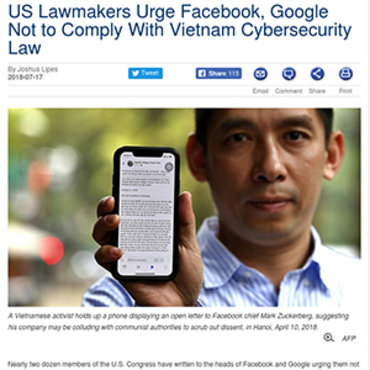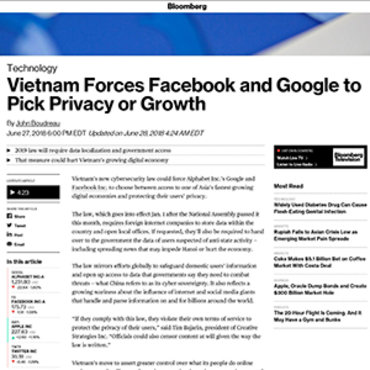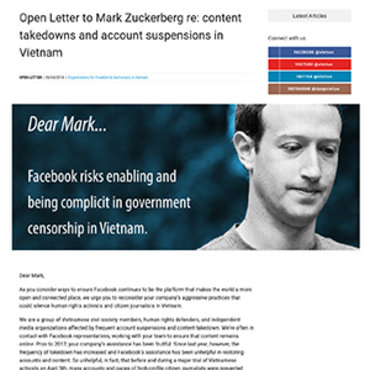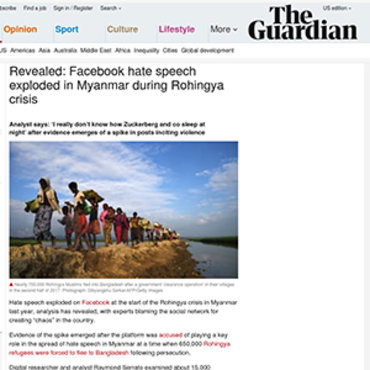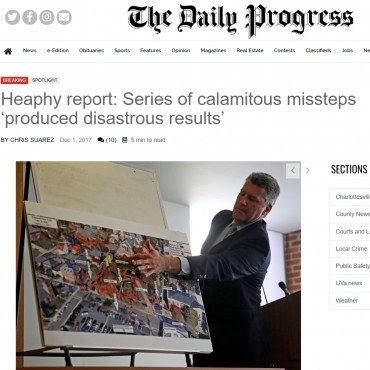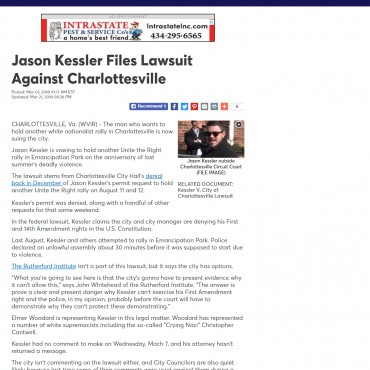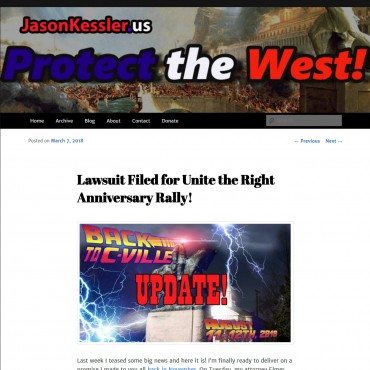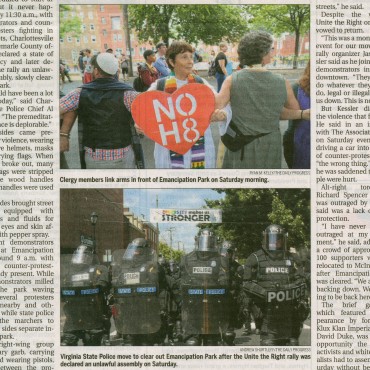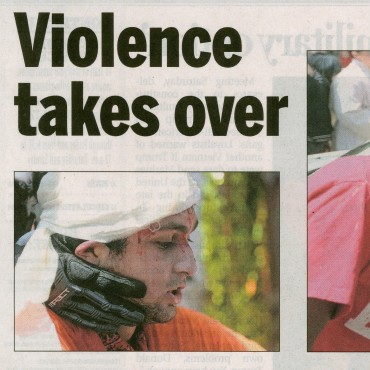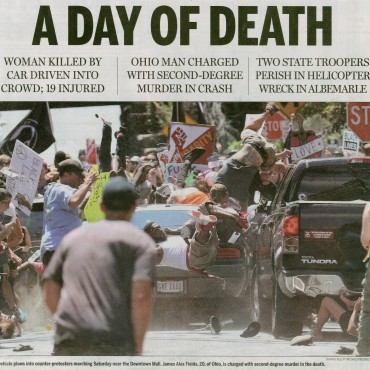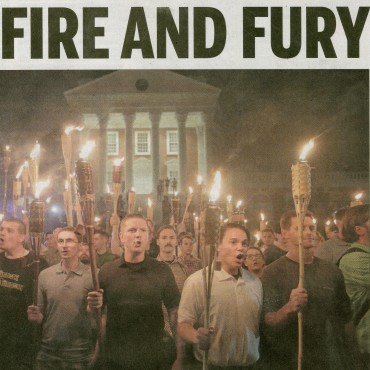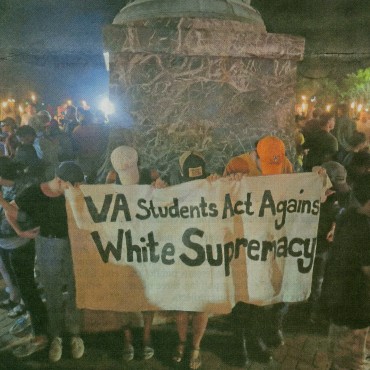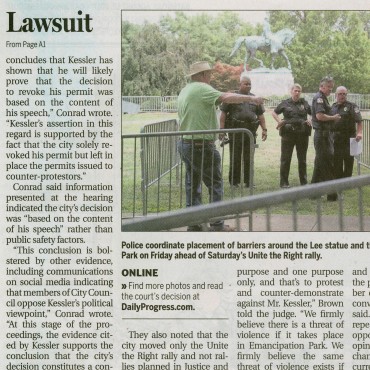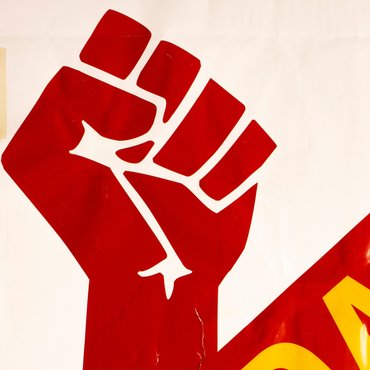2018: Supporting State-Sponsored Censorship
Should social media platforms cooperate with requests from foreign governments to censor certain content?
Get even more great free content!
This content contains copyrighted material that requires a free NewseumED account.
Registration is fast, easy, and comes with 100% free access to our vast collection of videos, artifacts, interactive content, and more.
NewseumED is provided as a free educational resource and contains copyrighted material. Registration is required for full access. Signing up is simple and free.
With a free NewseumED account, you can:
- Watch timely and informative videos
- Access expertly crafted lesson plans
- Download an array of classroom resources
- and much more!
This Critical Debate is part of a Debate Comparison:
See all Debate Comparisons- Constitution
- Current Events
- 7-12
- College/University
Do your students know what they’re free to say online? At school? On a public street corner?
From censorship to cyberbullying, the First Amendment and the freedoms it protects are as hotly contested as ever. This case study is part of our EDCollection that explores 16 real free speech debates ranging from the founding of our nation to recent headlines to illustrate what free speech actually means, where it comes from, and how far it can go. It’s information everyone needs to voice their opinions and shape our society.
Using This EDCollection
This EDCollection is designed to meet the needs of a wide range of circumstances and curricula. Whether you’re a social studies teacher looking for a complete unit or an English teacher looking to spend a single class period on free expression, there’s something for everyone. This complete package will lead students to the outcomes below.
Build Fact-Based Arguments
The Free Speech Essentials curriculum aligns with state and national standards as it guides students to take a position, find evidence to support it, and make a compelling presentation to their peers. Potential evidence includes:
- Writings, images and video from 1787 to 2018
- Primary and secondary sources
Connect Past and Present
Six of the eight pairs of case studies in this EDCollection juxtapose real historical and contemporary debates on a key free expression question. These pairs allow students to explore the historical origins of a key question — and get context for tackling today’s hot-button issues. The other two pairs provide different perspectives on a contemporary issue. Topics include:
- Federalism and Facebook
- Presidents and the press
- Censorship and cyberbullying
Keep Calm (and Debate On)
Our case studies are structured to help students experience the passion of the real players, while still practicing productive debate. We provide everything you need to prepare and fully support your students as they engage in civil discourse and debates:
- Overviews of the outcomes
- Clear scenarios and suggested positions
- Suggested discussion prompts.
Today’s social and political landscape can sometimes make free speech and First Amendment controversies seem too explosive for classroom exploration. We’ve created Free Speech Essentials to give you the tools you need to start tackling these vital topics with confidence and create enriching experiences for your students.
— The NewseumED Team
THE CASE
You are an executive at a social media company based in the United States. Your job is to help the company develop policies about what users are allowed to post and when your company may censor content. This includes working with international governments to create policies that try to balance your company’s interest in freedom of expression with each country’s specific laws about what speech is or isn’t allowed.
You’ve been working with Vietnam, a country in Southeast Asia, to expand access to your social media platform. The country’s communist government grants its citizens very limited rights to free speech, and speech critical of officials and laws is rarely allowed. The government wants your company to help block these types of speech. Government officials have been regularly filing review requests with your company to remove certain content. They often claim the content is fake, but this is not always the case. Your company reviews the requests and complies with some of them.
Some Vietnamese citizens who have heard about the way your company is working with the government are upset. Activists, citizen journalists and independent media groups have joined forces and published an open letter to your company’s chief executive. The letter argues that your company’s policies on content unfairly target journalists and citizen activists. It demands that you revise your content moderation policies in Vietnam to help promote public dialogue, even if it is critical of the government.
In other nearby countries, misinformation posted on social media has led to violent protests and attacks. The Vietnamese government is pressuring you to crack down even more on content it says is fake and harmful to avoid similar violence. You know that ignoring the government’s requests could make it harder for your company to expand in Vietnam, but you also worry about supporting its censorship efforts.
Should you keep cooperating with the government’s requests to remove certain content?
-
Yes. Your policies should reflect the laws of the countries where you operate.
There’s no First Amendment in Vietnam, and it’s not up to you to promote free speech in countries where it does not exist. If you don’t cooperate, the government might shut down your site, and then people would have even fewer places to share ideas.
-
No. Going along with even some of these requests puts you on a slippery slope.
Once you’ve censored some content, it may become easier to censor more and more. All citizens deserve to be able to post and engage freely on your social media platform, regardless of whether their government wants to censor certain ideas.
- The First Amendment does not apply outside of the United States. How does free expression work in a world where speech crosses borders instantly?
- What type of content should always be protected on social media platforms? Never protected?
- Do you think national governments should be able to dictate what content citizens can see on social media sites?
- Should users have a say in what kind of content is allowed on social media platforms?
- Do social media companies have an obligation to promote free speech in countries where there is none?
- Should your company attempt to verify if content is indeed fake before blocking or removing it? If so, how?
- Should social media platforms bear some responsibility for content that leads to criminal or violent behavior?
- Compare today’s social media to the “town square” of the past. Is this where important conversation and dialogue are happening today? Does it deserve the same free speech protections? Why or why not?


